China-Russia relations have undergone significant transformations over the past decades, evolving from historical mistrust to a strategic partnership. Understanding this complex relationship requires delving into historical contexts, geopolitical dynamics, economic ties, and shared strategic interests.
Historical Context: The relationship between China and Russia has a long and intricate history, marked by periods of cooperation, competition, and conflict. Historically, both countries shared a border and cultural exchanges through the Silk Road. However, the modern relationship was shaped by ideological and geopolitical factors during the Cold War.
Cold War Era: During the Cold War, China and the Soviet Union were nominally allies under the Communist banner. However, their relationship deteriorated due to ideological differences, border disputes, and competition for leadership in the Communist world. The Sino-Soviet split in the 1960s led to open hostility, with border clashes in 1969 exacerbating tensions.
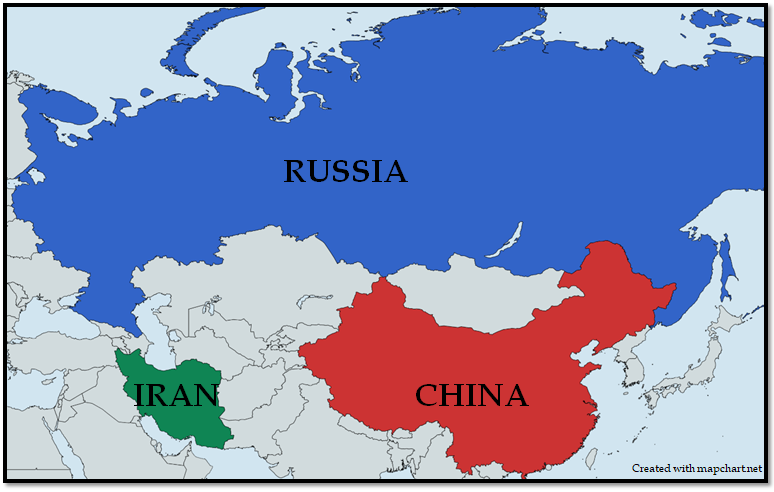
Post-Cold War Reconciliation: Following the collapse of the Soviet Union, Sino-Russian relations entered a new phase. The end of the ideological rivalry paved the way for improved ties, driven by mutual economic interests and a shared desire to counterbalance American hegemony. Both countries sought to strengthen their strategic partnership through diplomatic engagements and bilateral agreements.
Strategic Partnership: The 21st century witnessed a deepening of China-Russia relations, characterized by strategic cooperation in various domains. Both countries have conducted joint military exercises, signed energy agreements, and collaborated within multilateral frameworks like the Shanghai Cooperation Organization (SCO) and BRICS (Brazil, Russia, India, China, and South Africa). These partnerships aim to enhance regional stability and challenge the unipolar world order dominated by the United States.
Geopolitical Dynamics: China and Russia share common geopolitical objectives, including countering Western influence, promoting multipolarity, and safeguarding their respective sovereignty. Both countries have opposed Western interventions in regions like Syria and have supported each other in international forums such as the United Nations Security Council. Their cooperation extends to strategic projects like the Belt and Road Initiative (BRI) and the Eurasian Economic Union (EAEU), which aim to enhance connectivity and economic integration across Eurasia.
Economic Ties: Economic cooperation forms a crucial component of China-Russia relations. China is Russia’s largest trading partner, with bilateral trade reaching billions of dollars annually. Energy cooperation is particularly significant, with Russia supplying oil and natural gas to fuel China’s growing economy. Furthermore, both countries have explored opportunities for investment and infrastructure development, aligning their economic interests for mutual benefit.
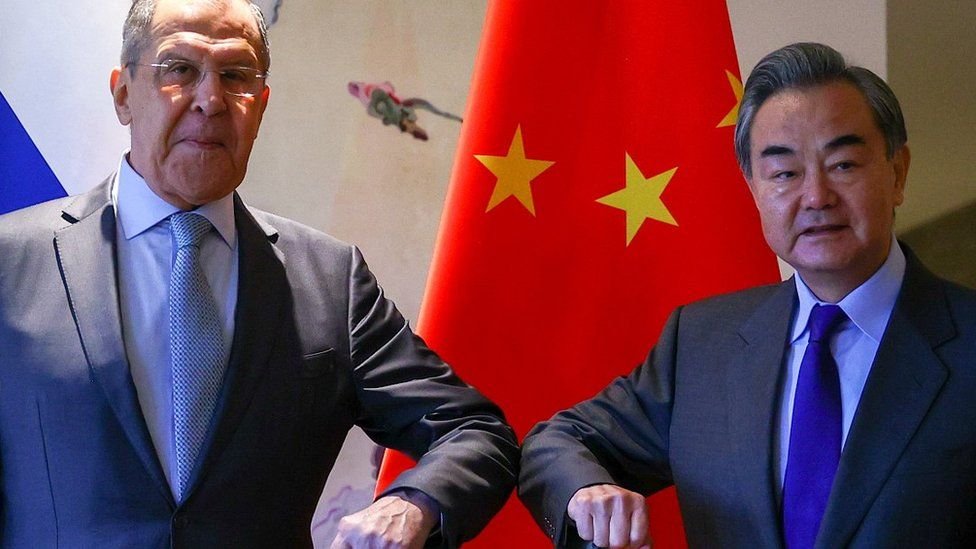
Challenges and Frictions: Despite the deepening partnership, China-Russia relations face certain challenges and frictions. These include disparities in economic development, competition in Central Asia, and concerns over asymmetrical dependence. Additionally, historical mistrust and lingering territorial disputes, such as the unresolved border issue, occasionally strain bilateral ties. Moreover, China’s assertive actions in the South China Sea and Russia’s annexation of Crimea have raised concerns among neighboring countries and global powers, impacting their respective diplomatic relations.
Future Prospects: The trajectory of China-Russia relations will depend on various factors, including geopolitical shifts, economic developments, and leadership dynamics. Both countries have reaffirmed their commitment to deepening strategic cooperation, as evidenced by frequent high-level exchanges and joint initiatives. However, external pressures, such as Western sanctions and regional conflicts, could test the resilience of their partnership. Nevertheless, the convergence of interests and shared objectives suggests that China and Russia will continue to strengthen their relationship as they navigate the complexities of the 21st-century geopolitical landscape.
In conclusion, the relationship between China and Russia has evolved significantly since the Cold War, transitioning from confrontation to cooperation. Strategic partnership, driven by shared geopolitical interests and economic synergies, forms the foundation of their bilateral relations. While challenges and frictions persist, both countries are committed to enhancing their cooperation and leveraging their collective influence on the global stage. As key players in shaping the future world order, China and Russia will continue to shape international dynamics through their strategic partnership.
China Russia on Ukraine war
China-Russia relations in the context of the Ukraine conflict are multifaceted and influenced by various geopolitical, strategic, and economic factors. Here’s an overview:
1. Diplomatic Stances:
- China has maintained a cautious and non-confrontational stance regarding the Ukraine crisis, refraining from directly criticizing Russia’s actions.
- China’s official position emphasizes respect for Ukraine’s sovereignty and territorial integrity while advocating for a peaceful resolution through dialogue and negotiation.
2. Economic Interests:
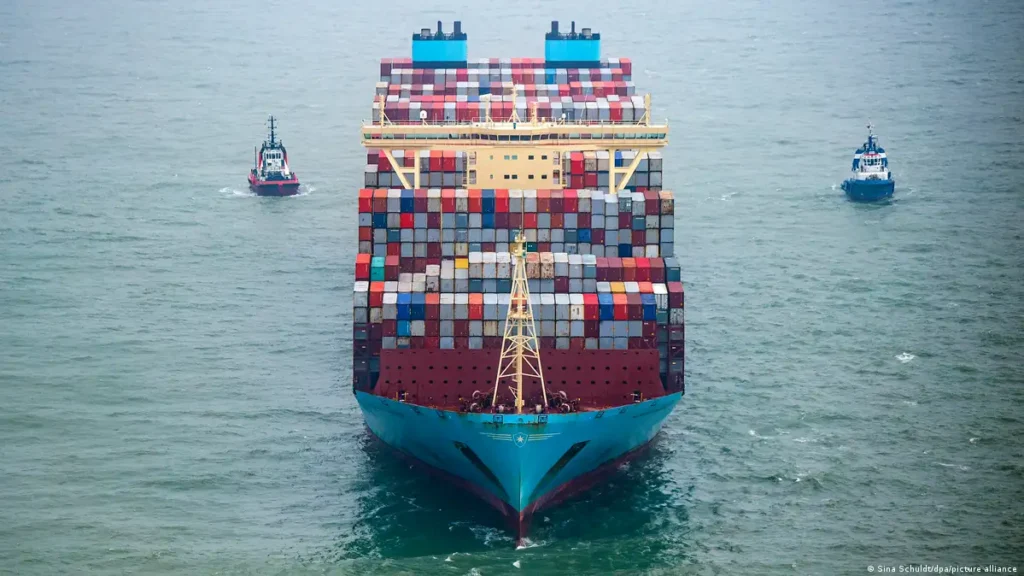
- Both China and Russia have significant economic interests in Ukraine. While Russia has historical and economic ties with Ukraine, particularly in energy exports, China views Ukraine as a potential investment destination and a key player in its Belt and Road Initiative (BRI).
- China’s approach to the conflict balances its economic interests with its diplomatic considerations, aiming to maintain stability in the region while safeguarding its economic engagements.
3. Strategic Considerations:
- The Ukraine conflict has implications for global power dynamics and regional security. China and Russia share a common interest in challenging Western dominance and promoting multipolarity.
- While China refrains from overtly supporting Russia’s actions in Ukraine, it recognizes Russia’s strategic concerns regarding NATO expansion and the geopolitical dynamics in Eastern Europe.
4. United Nations Dynamics:
- China and Russia, as permanent members of the United Nations Security Council, have cooperated to prevent resolutions or actions perceived as detrimental to their interests regarding the Ukraine conflict.
- Both countries have used their veto power to block resolutions critical of Russia’s actions or call for intervention in the conflict.
5. Energy Dynamics:
- Energy cooperation between Russia and China has implications for the Ukraine conflict. Russia’s role as a major energy supplier to Europe, including Ukraine, intersects with China’s energy needs and its efforts to diversify energy sources.
- China’s energy agreements with Russia, including pipelines and natural gas deals, could indirectly influence the dynamics of the conflict by reducing Russia’s economic dependence on European energy markets.

6. Impact on Regional Stability:
- China is concerned about the potential escalation of the Ukraine conflict and its implications for regional stability, particularly in neighboring countries and regions where China has economic interests.
- Both China and Russia emphasize the importance of resolving the conflict diplomatically to prevent further destabilization and maintain peace and stability in the region.
In summary, while China and Russia share certain strategic interests and concerns regarding the Ukraine conflict, China’s approach is characterized by a delicate balance between its diplomatic principles, economic interests, and strategic considerations. China’s response to the conflict reflects its broader foreign policy goals of promoting stability, multipolarity, and non-interference while safeguarding its national interests and economic engagements.
China-Russia on indo-pacific
The Indo-Pacific region has become a focal point of geopolitical competition and strategic maneuvering, involving various global and regional powers, including China and Russia. Here’s an overview of China-Russia relations within the context of the Indo-Pacific:
1. Strategic Alignment:
- China and Russia have increasingly sought closer cooperation in the Indo-Pacific as part of their broader efforts to counterbalance the influence of the United States and its allies in the region.
- Both countries view the Indo-Pacific as strategically significant for their geopolitical interests, including access to key sea lanes, natural resources, and markets.
2. Military Cooperation:
- China and Russia have conducted joint military exercises in the Indo-Pacific region, signaling their intent to enhance their strategic partnership and demonstrate their military capabilities.
- These exercises serve multiple purposes, including interoperability testing, signaling to other regional powers, and potentially deterring intervention by the United States and its allies.
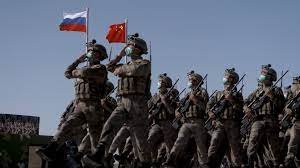
3. Economic Interests:
- Both China and Russia have economic interests in the Indo-Pacific, including trade, investment, and infrastructure development.
- China’s Belt and Road Initiative (BRI) and Russia’s economic initiatives intersect with the Indo-Pacific region, potentially leading to collaboration or competition in areas such as infrastructure projects and energy trade.
4. Geopolitical Dynamics:
- China’s growing presence and assertiveness in the South China Sea and the broader Indo-Pacific region have raised concerns among neighboring countries and prompted responses from other regional powers, including the United States, Japan, India, and Australia.
- While less pronounced than China’s, Russia’s engagement in the Indo-Pacific is driven by its strategic interests and desire to maintain influence in the region.
5. Diplomatic Engagement:
- Both China and Russia engage with countries in the Indo-Pacific through diplomatic channels, seeking to expand their influence and build partnerships.
- China’s diplomatic efforts often focus on economic cooperation, while Russia emphasizes security cooperation and arms sales.
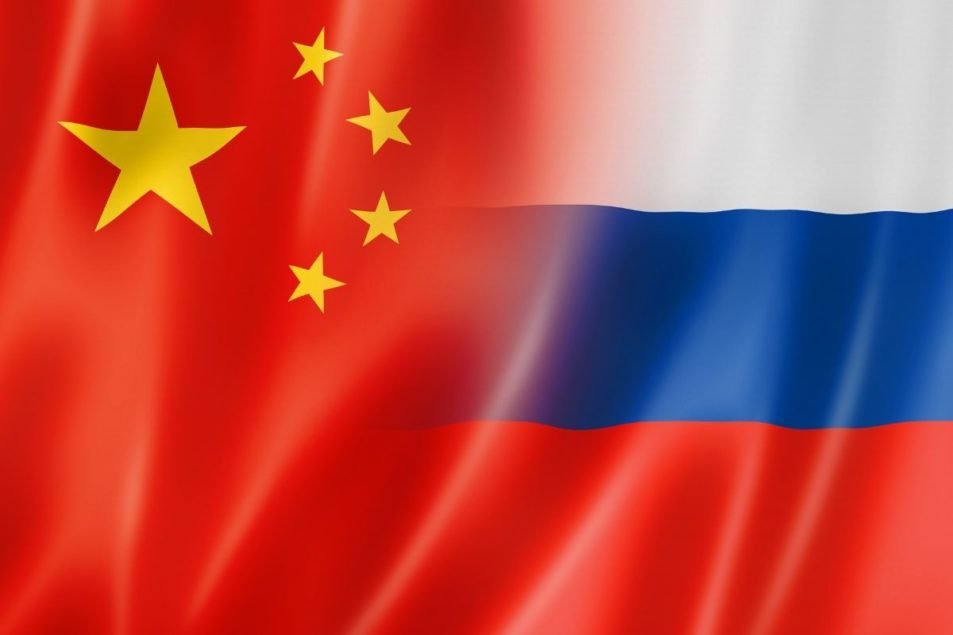
6. Multilateral Engagement:
- China and Russia participate in various multilateral forums and initiatives in the Indo-Pacific, such as the Shanghai Cooperation Organization (SCO) and the BRICS grouping (Brazil, Russia, India, China, and South Africa).
- These platforms provide opportunities for coordination on regional issues and alignment of positions on global governance issues.
7. Challenges and Frictions:
- While China and Russia share common strategic objectives in the Indo-Pacific, there are also areas of competition and potential divergence.
- Differences in economic interests, regional alignments, and historical rivalries could strain their partnership, particularly as other regional powers seek to balance against China’s rise.
In conclusion, China and Russia’s engagement in the Indo-Pacific reflects their broader strategic objectives, including countering Western influence, safeguarding their interests, and promoting multipolarity. While their partnership in the region is characterized by cooperation in some areas, there are also underlying tensions and potential sources of competition. The evolving dynamics of the Indo-Pacific will continue to shape China-Russia relations and influence the broader geopolitical landscape in the years to come.
